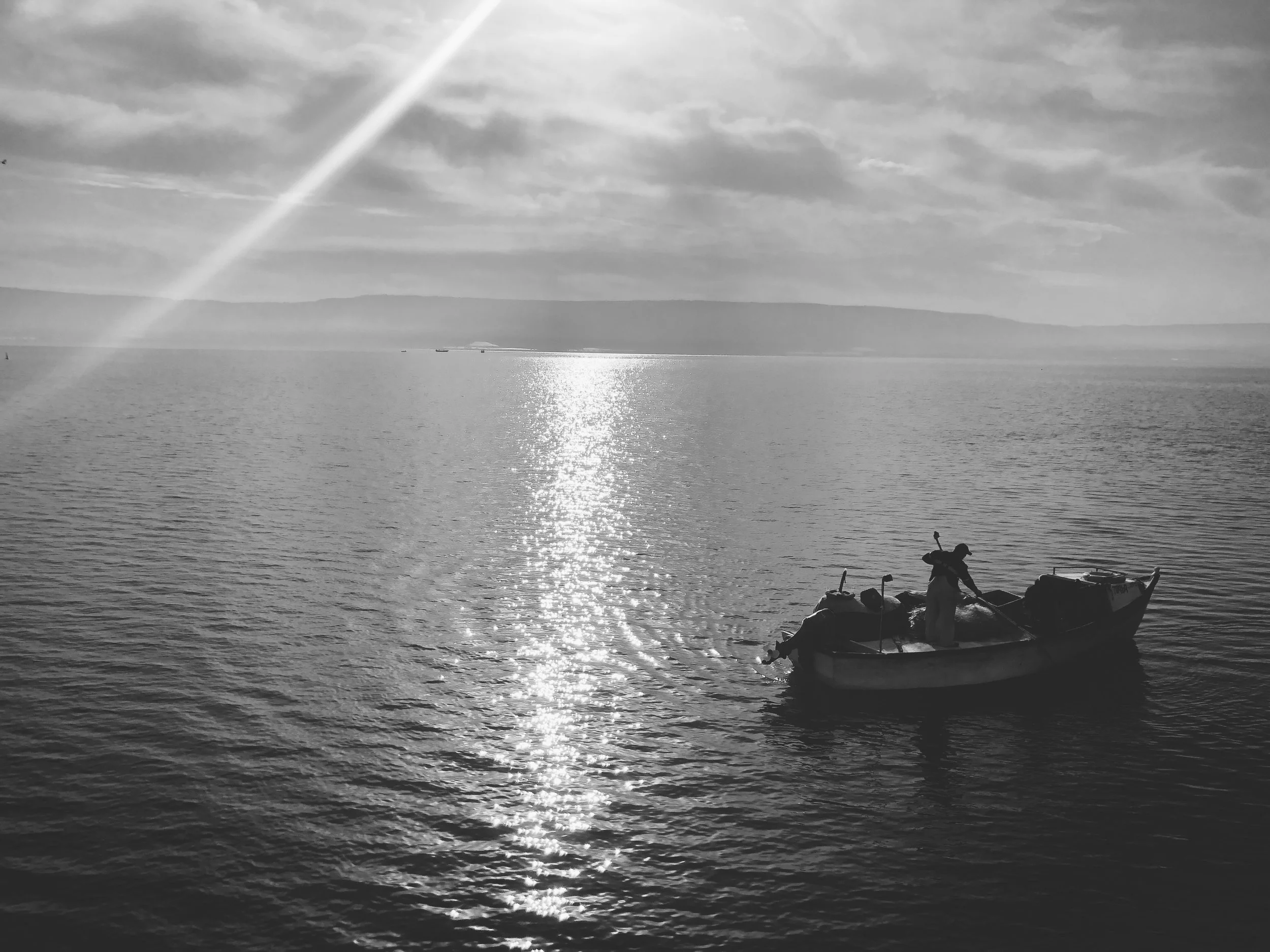WE WILL GO WITH YOU
I answered my cell phone’s ring and heard a longtime friend on the line. He asked me, “Are you sitting down?”
“I’m driving,” I answered.
“Well, pull over. I have something to tell you.” I did, and he said, “My wife has taken our daughter and left me. I had an affair, and she just found out about it. I don’t know what I’m gonna do.”
I got on a plane the next morning, and when I saw him, I said, “Are you willing to do whatever it takes to restore your marriage?”
“Yes!” he answered. And he meant it. For months he worked all week, at home alone, and then drove on the weekends to the city where his wife was staying with her parents. He confessed all his wrongdoing. They talked long hours with each other and made repeated visits to a counselor. Today, years later, they’re doing well—successful jobs, healthy kids, active at church.
I’m not taking credit for all that, but I do believe this: when he was at his lowest, he needed a friend to help him find his way. I’m guessing many readers of this blog could tell similar stories—maybe about a friend they helped, maybe about the day they needed that kind of support themselves.
Breakfast with a Breakthrough
I remembered my friend and his redemption when I was sitting by the Sea of Galilee in Israel several weeks ago. I had decided to read again about the day Jesus, some time after his resurrection, fixed breakfast on that shore for Peter and several other disciples (John 21).
It’s a wonderful story. The disciples had fished all night and caught nothing, and then in the morning light Jesus calls to them from the water’s edge. At his command, they cast their nets on the other side of the boat and are overwhelmed with their catch. Peter, recognizing it was Jesus who had beckoned, jumps into the water and swims a hundred yards to meet him on the shore. Jesus feeds breakfast to the disciples and afterwards asks Peter three times, “Do you love me?” Each time Peter insists that he does, and Jesus commissions him for a lifetime of ministry and ultimately a martyr’s death.
Many times I had heard and preached sermons about that passage. But this time I noticed something new.
Fishing for Forgiveness
This event came on the heels of the most traumatic days Peter had ever experienced. Afraid for his own life, he had denied Jesus three times and then hidden with the other disciples while Jesus was tried and beaten and crucified. There, in the depths of his shame and fear, he had learned the tomb of Jesus was empty and he had run to see it for himself. Although he did not understand what had happened, soon Jesus appeared to him and the other disciples. But they remained behind locked doors, still afraid of the Jewish leaders, still confused about what to do next.
Finally, Peter could sit and wonder no longer. He reverted to what he knew best in the life he had left to follow Jesus. “I’m going fishing,” he said (John 21:3), and his friends said, “We’ll go with you.”
That’s the phrase I had never noticed before: “We’ll go with you.” His friends wouldn’t let Peter take off in the night in a boat by himself. It’s true all of them were struggling to grasp what had happened; none of them understood what God had in store for them or what Jesus would demand of them. Their world had been turned upside down. But Peter was the one who had most boldly pledged allegiance to Jesus only to most publicly fail him. We can imagine that his stress and guilt were the greatest of anyone’s in the group. They weren’t going to leave Peter alone in the night to grapple with it all by himself. They had already lost Judas to his shame and guilt. They were not about to lose Peter too.
Walking Together
The path to redemption is seldom walked alone. Peter’s friends kept him company till he could get right with Jesus. My friend with the failed marriage needed an encourager to support him on a path to health.
Too often today it doesn’t work that way. We insist on keeping our failures secret, and in the dark they grow to overcome us. We see other Christians deserted and condemned when they get honest about their sin, and we’re convinced we must go it alone.
But we can’t. All of us need someone to know our weaknesses and walk with us toward strength. And most of us could be a partner to someone seeking a better tomorrow.
“We’ll go with you.” No phrase better describes the fellowship every Christian needs most. No words are more welcome in the life of a struggler needing redemption.
When has someone walked with you through your own valley of regret? When have you been willing to help a friend move beyond his failures? What can the church do to make this easier and more common?




